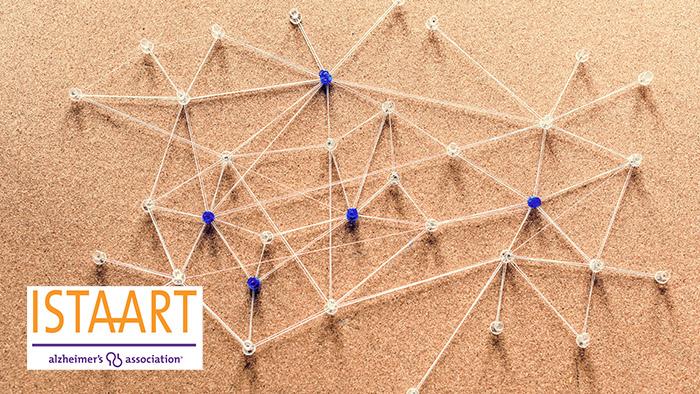10 Dec | 2020
What are the differences according to race, ethnicity, sex and gender regarding Alzheimer's disease?

The new project is part of the ISTAART's ‘Reserve, Resilience and Protective Factors’ group
The Alzheimer's Association International Society to Advance Alzheimer's Research and Treatment (ISTAART) has launched a new working group made up of researchers from around the world who will analyze the differences in brain resilience to Alzheimer's disease in people of different race, ethnicity, sex and gender. The new project is part of the ‘Reserve, Resilience and Protective Factors’ group, and is co-led by Dr. Eider M. Arenaza-Urquijo, researcher owner of a Ramon y Cajal grant and working at the Alzheimer’s Prevention Program at the Barcelonaβeta Brain Research Center (BBRC).
The goal of the nearly 100 researchers that make up the new group is to determine the influence that people's racial and ethnic origin, as well as gender and sex, can have on the risk of developing dementia. For example, they will investigate why the prevalence of dementia is higher among people of African American origin compared to people of Caucasian origin, or why women have a greater susceptibility to Alzheimer's disease.
The new group will facilitate scientific interactions and collaborations, and share its findings with political leaders and other stakeholders to take them into account when taking preventive measures that strengthen brain resilience.
ISTAART brings together scientists, doctors and other professionals active in the field of research to understand the causes and offer treatments against the disease and other dementias. All this, with a clear mission: to increase the rate of progress in Alzheimer's and dementia research.










